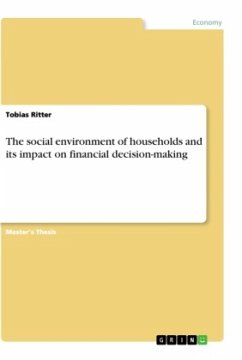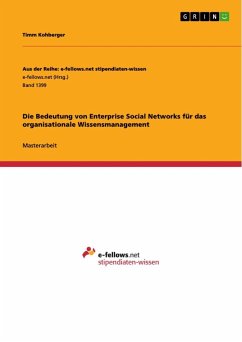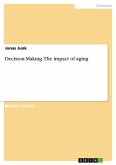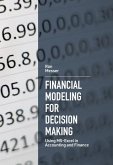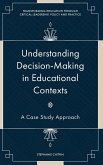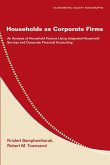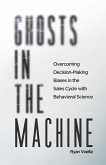Master's Thesis from the year 2019 in the subject Business economics - Miscellaneous, grade: 1,0, University of Marburg (Finance & Accounting), language: English, abstract: Understanding when households are disposed to make risky decisions is a question of great interest for economists, sociologists, and behavioral scientists. As daily life becomes increasingly complicated, the need to make choices and decisions arises more frequently. Whether buying a new apartment, making a financial investment or accepting a lucrative job offer - individuals confront significant decisions almost every day, in various forms. One thing that all decisions share is an association with a certain amount of risk and a potential impact on individuals' personal circumstances.People often carefully weigh whether risks should be taken and what consequences they might have. As a result, a single person thinks differently than the head of a family, who has a responsibility as a household provider. To safeguard against risks, many households seek a form of protection against possible losses. The question at hand is whether the social support produces an increased feeling of security and, by extension, an enhanced inclination to financial risk-taking. Concretely, I peruse the research questions if households that can rely on a form of social assistance (I) possess a higher financial risk tolerance and, in conclusion, (II) invest their money more strongly in the equity market. The thesis extends the literature regarding the determinants of stock holding and provides one of the first investigations exploring in greater detail the role of the households' social environment and its repercussions on risky investment behavior.
Hinweis: Dieser Artikel kann nur an eine deutsche Lieferadresse ausgeliefert werden.
Hinweis: Dieser Artikel kann nur an eine deutsche Lieferadresse ausgeliefert werden.

